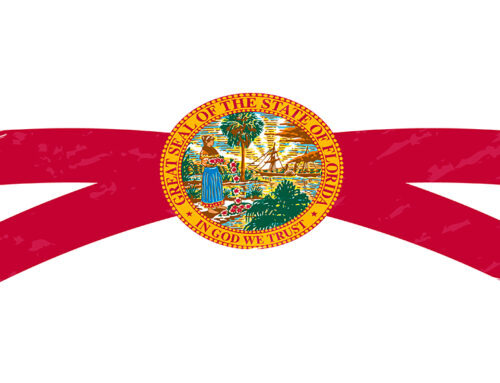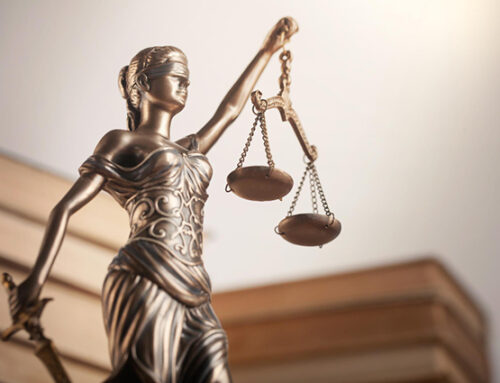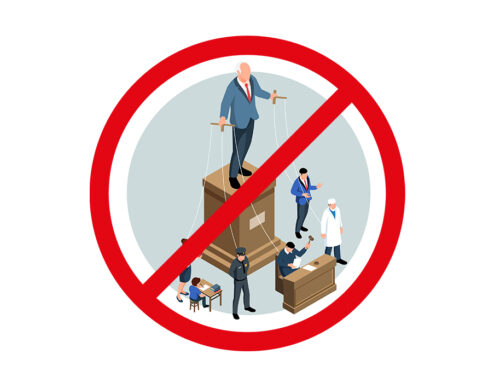There’s a spy in your pocket.
When you’re not using your phone, is someone else using it covertly? It’s an important question to those who value their privacy.
Siri, Alexa, and Google Assistant can be activated even if your phone is off. These tech giants have their own agendas and don’t seem to care whose privacy they abuse. The purpose of the spying is brushed off as something more annoying than threatening: training the voice recognition system; learning your preferences so they can serve you targeted ads.
We are also told that our data belongs in the cloud so we can access it from multiple devices. That’s wonderful if you don’t care who reads it. (That was me until I started this research.)
If they’re also feeding it to the government, I wouldn’t be surprised, but that isn’t my point here. My point is that bad actors can get hold of your data and you wouldn’t know.
Each article on this page illustrates that in some way.
I’ll conclude this introduction by asking the question: what is your privacy worth?
To help you further, check out these resources:
If you have a cool surveillance-fighting hack to share, drop it in the Comments below.
Spying from Within our Bodies
What scares me most is the “Internet of Bodies,” defined by the Rand Corporation as “wireless technology integrated with the human body.”
The supposed benefit is to revolutionize health care. “Unprecedented amounts of personal health data could inform treatment plans that are completely tailored to a patient’s needs.” Uh huh. “There are pills now that have an electronic sensor that let a health care provider know whether you have taken the medication.” (And trigger your next dose?)
I don’t care if the developers have pure intentions. The interviewer admits that “the largely unregulated market poses risks to the uniquely sensitive data these devices collect.” What concerns me is that such regulation is impossible.
On March 26, 2020, Microsoft won a patent to harness all of a human body’s activities to a cryptocurrency mining scheme (some kind of work that generates new Bitcoin or other digital currency). For instance, you could be generating a billionth of a Bitcoin while your eyes scan a page of text. You’d be a “user” of your own body, to which you now shared intellectual property rights with Microsoft. No chance of abuse there, right?
Vandana Shiva breaks it down here:
https://inthesetimes.com/article/vandana-shiva-bill-gates-war-against-life-extinction-pandemic
Ed Snowden on the American surveillance state
“I had the authority to wiretap anyone.”
On the matter of Apple’s massive collection of recordings and data
Dear Madam/Sir,
I am writing this statement to inform you of massive violation of the privacy of millions of citizens that I have witnessed in the course of my work assignment for Apple.
Between 13th May 2019 and 16th July 2019… I listened to hundreds of recordings every day, from various Apple devices (e.g. iPhones, Apple Watches, or iPads). These recordings were often taken outside of any activation of Siri… without users being aware of it, and were gathered into datasets to correct the transcription of the recording made by the device.
The recordings were not limited to the users of Apple devices, but also involved relatives, children, friends, colleagues, and whoever could be recorded by the device. The system recorded everything: names, addresses, messages, searches, arguments, background noises, films, and conversations. I heard people talking about their cancer, referring to dead relatives, religion, sexuality, pornography, politics, school, relationships, or drugs with no intention to activate Siri whatsoever.
Furthermore, other workers were employed on another project (called “Development data”). In the context of this project, words were tagged in the recordings to be linked to users’ data, such as their phone contacts, locations, or music. In other words, staff assigned to the project had access to personal user information, and used it to be able to link it to Siri commands. This means that users’ playlists, contact details, notes, calendars, photos, maps, etc. were gathered in huge data sets, ready to be exploited by Apple for other projects…
How private are your Word files?
I didn’t ask for OneDrive (Microsoft’s cloud storage service). The AutoSave feature in Word is tempting, but I don’t need Microsoft throwing my private documents into a grab bag with everyone else’s.
My desktop computer understands this, but my new laptop still wants to shove everything into OneDrive. I ask myself:
- Why do I pay $100 a year to keep up a program that only gets more complicated, not more useful?
- What is my data worth to big tech, and why?
Today, I’m a LibreOffice convert.
Alan Graham, Editor-in-Chief






Leave A Comment